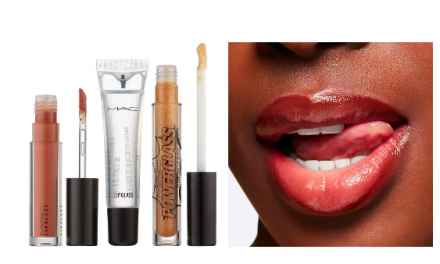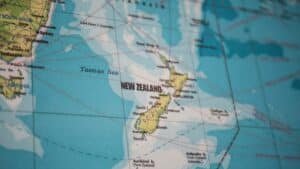
Both osteopenia and osteoporosis are conditions that indicate an issue with bone mineral density.
Osteopenia is considered by many doctors to be the precursor to osteoporosis. However, not everyone who is diagnosed with osteopenia will develop osteoporosis. And not everyone who is diagnosed with osteopenia will retain that diagnosis.
The Diagnosis
Many years ago, I requested an x-ray (DXA scan) after speaking with a fellow passenger on the same flight as me. She was reading about it after receiving her diagnosis of osteopenia.
I had never heard of osteopenia and I wanted to get ahead of it if I were diagnosed with it. Although many doctors will offer the test after you reach a certain age, you can also request the test.
Your result is given as a T-score. Per WebMD: Normal bone: T-score above -1; Osteopenia: T-score between -1 and -2.5; Osteoporosis: T-score of -2.5 or lower
Dealing with osteopenia is much better than dealing with osteoporosis. It’s like any medical condition – catch it early and your chances are much better. I was diagnosed with osteopenia and now I am fine.
Yes, it took several years of treatment with Fosamax (alendronate) and calcium citrate with Vitamin D along with exercise, but I am fine now. It is extremely important for me to maintain the calcium and exercise regimen to keep it at bay, but that is just part of staying healthy.
Those Most Likely to Be Diagnosed
It is common knowledge that post-menopausal women are at higher risk to develop these conditions as a result of the loss of estrogen. What many are not aware of is that people who participate in non-weight-bearing sports like bicycling or swimming are more likely to be diagnosed than those participating in weight-bearing sports like powerlifting and running.
Women are more likely than men to develop bone density issues. You are at greater risk if you are white or of Asian descent. Family history and body frame size also play a role.
Prevention Is Still the Best
A bone density scan will provide you with the knowledge you need. If you know your condition, you are better able to deal with it. It is very low radiation and takes just minutes to complete.
Taking a calcium supplement with Vitamin D is important whether you have one of these conditions or not. Not all supplements are created equal. Please do your research and find the one that will work best for you. Plan your exercise to include weight-bearing activities. Avoid excessive alcohol consumption and tobacco use.
Of course, none of the following information is intended to be medical advice, but, we hope that it gives you something to discuss with your doctor on your next visit. Your doctor can assist you in making the best choices for your long-term health.
Did you know the difference between osteopenia and osteoporosis? Have you been diagnosed with either? What advice would you give you other women in our community to protect their bone health? Please share in the comments section.





